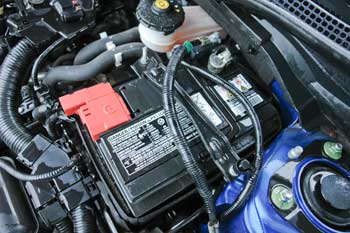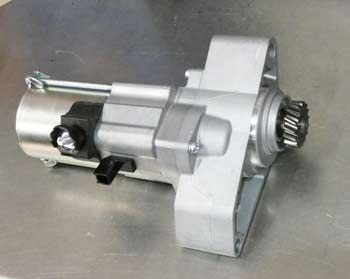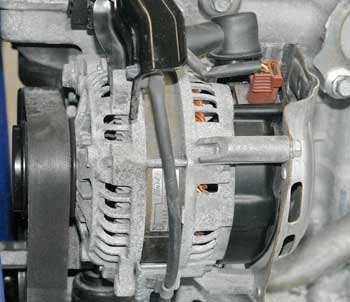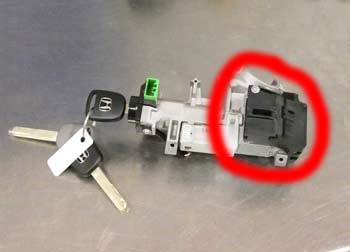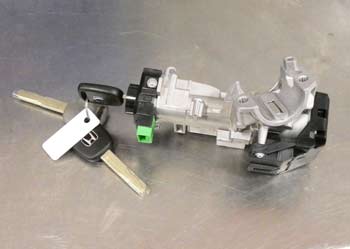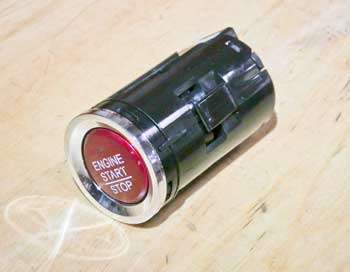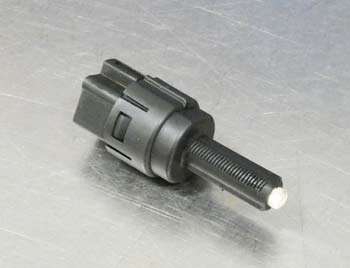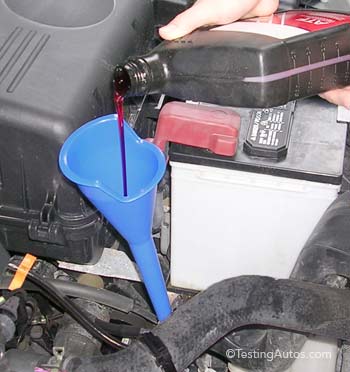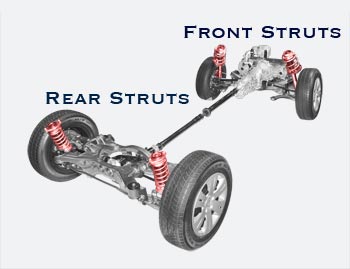How to Fix a Honda That Won't Start: Common Causes & Solutions
By Vlad Samarin May 27, 2024
From our extensive experience with Honda vehicles, we know that in most cases, your Honda doesn't start because of one of the following common reasons:
Discharged or Dead Battery:
The first and most common cause is the 12-volt battery. It may be just low on charge or has deteriorated to the point where it no longer has enough capacity. Symptoms of a discharged battery include:- No lights on the dash at all if the battery is completely drained.
- If the battery is very low on charge, the dash lights come on but flicker when pressing the start button or turning the key. No starting sound.
- If the battery has some charge but not enough to start the vehicle, you will hear a single click or the engine may turn over very slowly and then stop.
- If the battery has deteriorated and no longer has enough capacity, the Auto Idle Stop function may not work, or the engine won't restart after shutting off (Pilot, Odyssey, Ridgeline).
Starter Motor:
The starter motor is a common culprit, especially in the Honda Civic, Accord, and CR-V. Often, the starter motor deteriorates gradually, although it may fail suddenly without warning. Symptoms of a bad starter motor include:- The lights come on but no starting sound at all, not even a click.
- Before failing, the starter motor may have been making unusual noises or occasionally worked with a delay or intermittently.
- The vehicle doesn't start even when boosting the battery.
Alternator:
A failed alternator will not directly cause your Honda not to start. However, as a bad alternator cannot recharge the battery, the vehicle will not start once the battery is completely drained. Often, the alternator fails gradually, giving intermittent problems first. Symptoms of a failed alternator include:- The red battery warning light or "Check Charging System" message.
- The vehicle starts when boosted but does not restart on its own battery after running, even if the battery is fairly new.
- The alternator might be damaged by oil and visually appears covered in engine oil leaking from a valve cover gasket or other parts located above the alternator.
- The alternator is driven by a drive belt and will not work if the belt is broken or loose.
Ignition Switch:
In many older Honda vehicles, such as the 2003-2007 Honda Accord or 2005-2010 Honda Odyssey, the electrical portion of the ignition switch can wear out and cause the vehicle not to start, often intermittently. Sometimes the vehicle starts but stalls. Symptoms of a bad ignition switch include:- When turning the ignition ON, there is a buzzing noise coming from under the dash.
- The car may start when turning the ignition key with slightly more pressure or when holding it down while turning.
- The vehicle stalls if the ignition key is slightly pushed sideways without turning it.
- The vehicle starts after several attempts of turning the key to "Start".
Solution: Replacing the electrical portion of the ignition switch is not very difficult. The part is cheap. It's attached to the back of the ignition lock. To replace it, the lower steering column cover will need to be removed. For example, these YouTube vidoes show how to replace the ignition switch in the 2010 Honda Odyssey. If you want to have it done at your Honda dealer, they may charge about 1 hour of labor plus the diagnostic fee if needed.
Ignition Lock:
The ignition lock can also fail and cause the key not to turn in the ignition. Symptoms of a bad ignition lock include:- The key doesn't turn in the ignition.
- The ignition key could also break or get stuck inside the ignition lock.
Start/Stop Switch:
In some Honda vehicles, such as the HR-V, a faulty Start/Stop switch can cause the vehicle not to start. Symptoms of a bad Start/Stop switch include:- To start the vehicle, the start/stop button must be pressed repeatedly or with more effort.
- The key-shaped amber warning light may illuminate on the dash.
Brake Light Switch:
In Honda vehicles with start/stop switches, a failed or sticking brake light switch can cause the vehicle not to start. Symptoms include:- When pressing the start/stop button, the dash lights come on but the vehicle doesn't start.
- The brake lights do not come on when pressing the brakes.
- The transmission shifter may not shift out of Park; often, this problem is intermittent.
Solution: Replace the brake light switch. We recommend getting it done at a Honda dealer because the procedure to replace and adjust the switch is very precise, and the switch can be damaged if not installed correctly.
